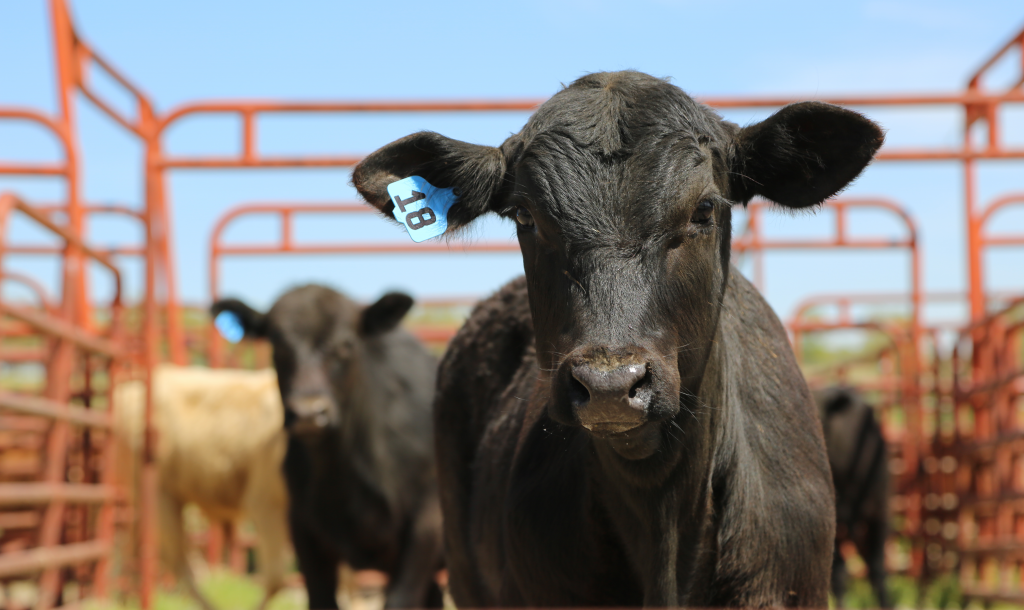On November 25, President Trump signed the Preventing Animal Cruelty and Torture, or “PACT” Act into law.[1] We’ve received numerous questions about the act, and as a result think it’s important to outline situations where it does- and does not- apply.
This law criminalizes several types of behavior. First, it makes it unlawful to engage in “animal crushing” while engaged in or affecting interstate commerce. Second and third, it makes it unlawful to create or distribute obscene photos or videos depicting animal crushing behavior. People who violate this law may be subject to criminal penalties including a fine and/or up to seven years in prison.[2]
So, for example, a person who travels from one state to another in order to engage in “animal crushing” might be prosecuted by the United States Attorney in either state under the prohibitions of this law.
But what specific actions are prohibited? In this law, the definition of “animal crushing”, in other words, the conduct that is now illegal, includes “actual conduct in which one or more living non-human mammals, birds, reptiles, or amphibians is purposely crushed, burned, drowned, suffocated, impaled, or otherwise subjected to serious bodily injury[3]”[4]
This law will not apply, however, to certain circumstances. Of special interest to folks involved in agriculture is the exception for individuals who are engaged in “customary and normal veterinary, agricultural husbandry, or other animal management practice[s]”. In other words, the ability to perform actions such as branding, dehorning, or castrating, among others, are protected. Further, there are exclusions for people who are slaughtering animals for food or euthanizing animals.[5]
Additionally, there are exceptions for hunting, trapping, fishing or sporting activities[6], predator control, pest control and medical or scientific research. Further, this law does not apply to actions that are necessary to protect a person’s life or property. Its application is also significantly limited in situations where an individual is engaging in the exercise of a religious belief.[7]
Finally, it’s important to note a major situation where this law does not apply. Because it’s a federal law, it is only effective where the actions took place in or affected interstate or foreign commerce, or on federally owed property. If it is an action that is limited to the boundaries of a single state, this law does not apply. Further, the PACT act specifies that it does not preempt any state or local animal welfare laws. In other words, folks who violate state animal cruelty laws[8] may be prosecuted under those state laws regardless of whether the PACT act may also apply.
More resources about animal welfare laws in general are available here.
[1] Available here: https://www.congress.gov/bill/116th-congress/house-bill/724
[2] Potential fines are outlined in 18 U.S.C. 3571.
[3] This is defined by 18 U.S.C. 1365 as bodily injury involving (A) a substantial risk of death; (B) extreme physical pain; (C) protracted and obvious disfigurement; or (D) protracted loss or impairment of the function of a bodily member, organ, or mental faculty.
It also includes sexual acts committed against animals, as defined (in human terms) by 18 U.S.C. 2241 and 2242.
[4] 18 U.S.C §48(f)(1)
[5] Euthanasia includes the “humane destruction of an animal accomplished by a method that— (A) produces rapid unconsciousness and subsequent death without evidence of pain or distress; or (B) uses anesthesia produced by an agent that causes painless loss of consciousness and subsequent death.”
[6] As long as the sporting activities do not violate federal law. Activities such as animal fighting violate federal law and are not protected.
[7] According to 18 U.S.C §48(d)(4), the PACT Act shall be enforced consistent with the Religious Freedom Restoration Act- specifically, 42 USC 2000bb-1.
[8] A compilation of state animal cruelty laws are available here: https://nationalaglawcenter.org/state-compilations/animal-cruelty/
